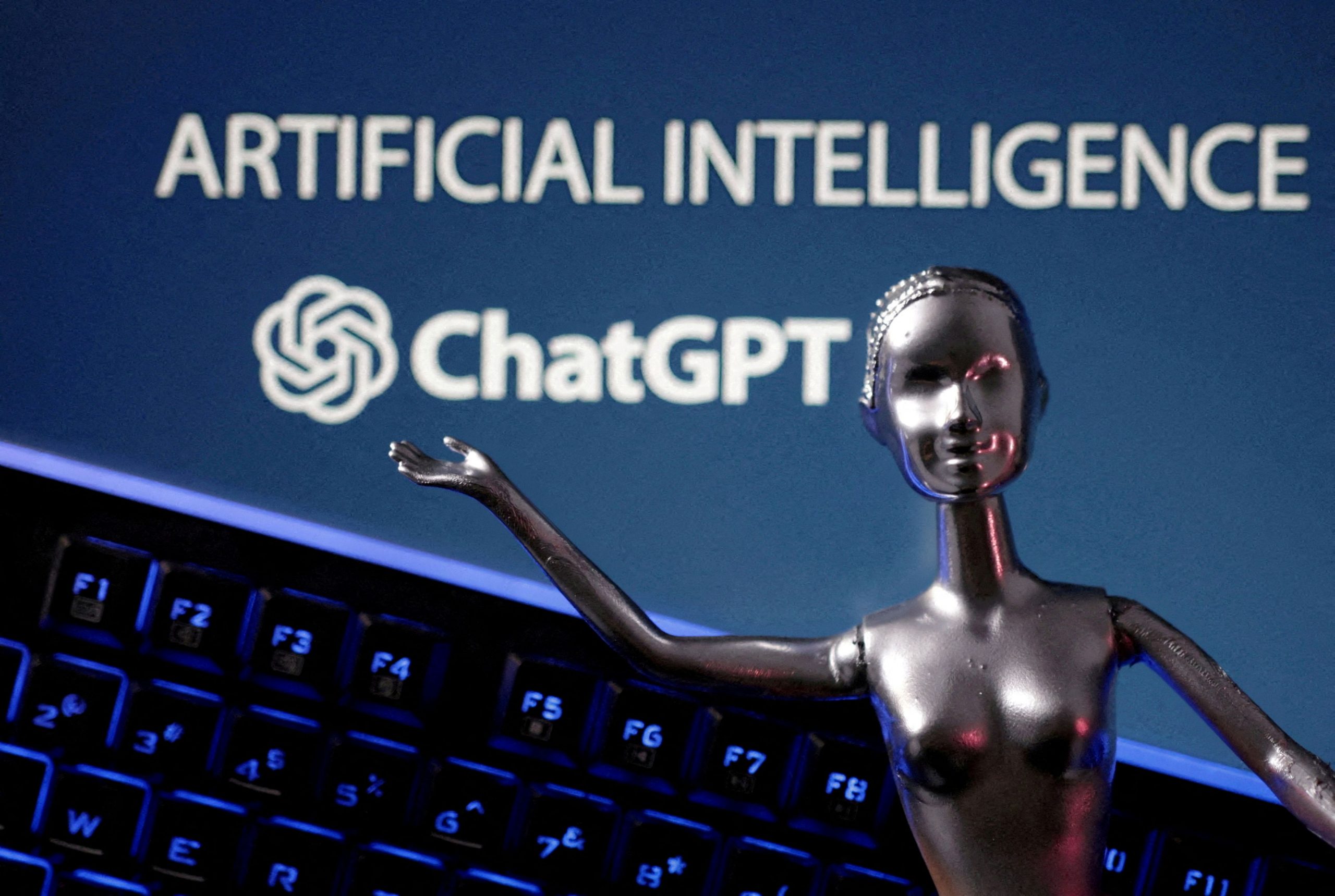The penetration of AI (artificial intelligence)-driven tools is creating anxiety among Greek employees with nearly four in five fearing they will lose their jobs by 2023 as a result.
This data was released by the European Center for the Development of Vocational Training (Cedefop) as part of an AI Skills Survey carried out from February to May on 5,342 employees aged 16 to 64 in 11 EU states (namely Belgium, Czech Republic, France, Germany, Greece, Ireland, Luxembourg, Poland, Portugal, Slovakia, and Spain).
Despite the limited penetration of AI tools in Greece, 24% of those surveyed said they feared they would be made redundant by 2030 due to AI compared to 15% in the EU.
The main reason cited by Greek participants was lack of familiarity with AI technologies.
Indicatively, 21% of employees in Greece said they use AI at work compared to the average of 28% in other EU states.

Growing Fears in Greece That AI Will Replace Jobs
Other key takeaways of the study include:
-50% of Greeks believe that it is quite or highly unlikely that companies in Greece will use AI technologies in favor of employees
-42% said it was quite or highly unlikely that companies will offer AI training and upskilling opportunities for employees
-62% believe it is quite or highly unlikely companies will involve employees in decisions concerning AI use
-42% said they feel it is likely or highly likely that their employer will replace them with AI technologies
-66% of Greeks (and 61% of Europeans) said it was quite or very likely that they would need to gain new skills and experience to deal with the impact of AI on their work in the next five years.
Speaking to ANA-MPA, CEDEFOP Skills and Labor Markets Expert Konstantinos Pouliakas said that one in two Greeks (51%) said they lack of AI skills.
According to the same study, one in seven workers in the 11 countries under review use automated tools or applications; two in 10 believe AI can perform more than half of their tasks; 30% using AI said their job responsibilities were reduced; 41% said they had to take on new responsibilities; and 68% said AI technologies allowed them to perform tasks faster.



